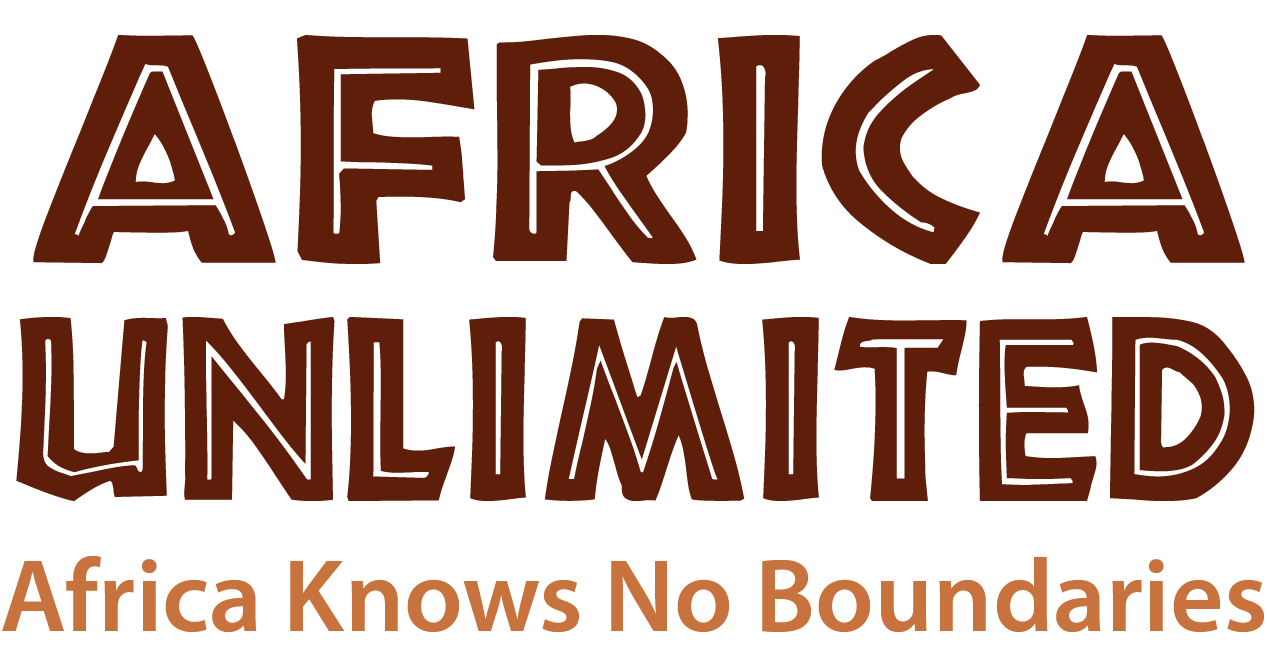The Sahara , it is said, is a sea traversed by the ship that is the camel, or rather, the camel caravan. A number of trade routes criss-cross this hot, empty, immense expanse. They connect the cities on the Sahara ’s southern and northern rims. At times a city located at a crossroads of these legendary trading paths became the seat of empire. TIMBUKTU , GAO and KUMBI are three examples.
KUMBI was the trading center of the West African kingdom of Ghana (400 – 1100 AD). Located at the junction of several trans-Sahara routes, KUMBI lies south of the desert, perched just above the bend in the River Niger. Here huge caravans assembled for the brutal trek north, while others emerged from the swirling sands to re-supply and continue south, or transfer their goods onto barges sailing down the Niger.
Through KUMBI, Ghana organized and protected the salt, horse, cloth, and above all the gold, caravans passing through its realm. And, in exchange for this organization and protection, taxed them freely. Ghana was so wealthy it’s kings fielded 200,000 man armies and had all in their court, even the dogs, bedecked with gold. Ghana fell, however, in 1076, attacked and overrun by the Almoravids, an orthodox Muslim movement that began in Senegal.
Around 1230, the nearby kingdom of Mali rose to prominence ultimately encompassing all of what had been Ghana ’s extensive territory. Mali ’s commercial center was the legendary city of GAO, like KUMBI also located on the Niger. Mansa Musa was the famed king of Mali who, in 1324, made a pilgrimage to Mecca with 80,000 followers and 100 camels, each carrying 300 pounds of gold.
By the late 1400s, though, Mali , in its turn, was eclipsed by the adjacent kingdom of Songhai . It soon encompassed all the land, trade routes and power that Mali and earlier Ghana had held, and then some. Through its trade city, TIMBUKTU , Songhai controlled additional trans-Saharan passages heading northwest into the heart of the Muslim world. ( from Africa Is Not A Country: It’s A Continent, by Dr. Arthur Lewin, www.AfricaUnlimited.com )
